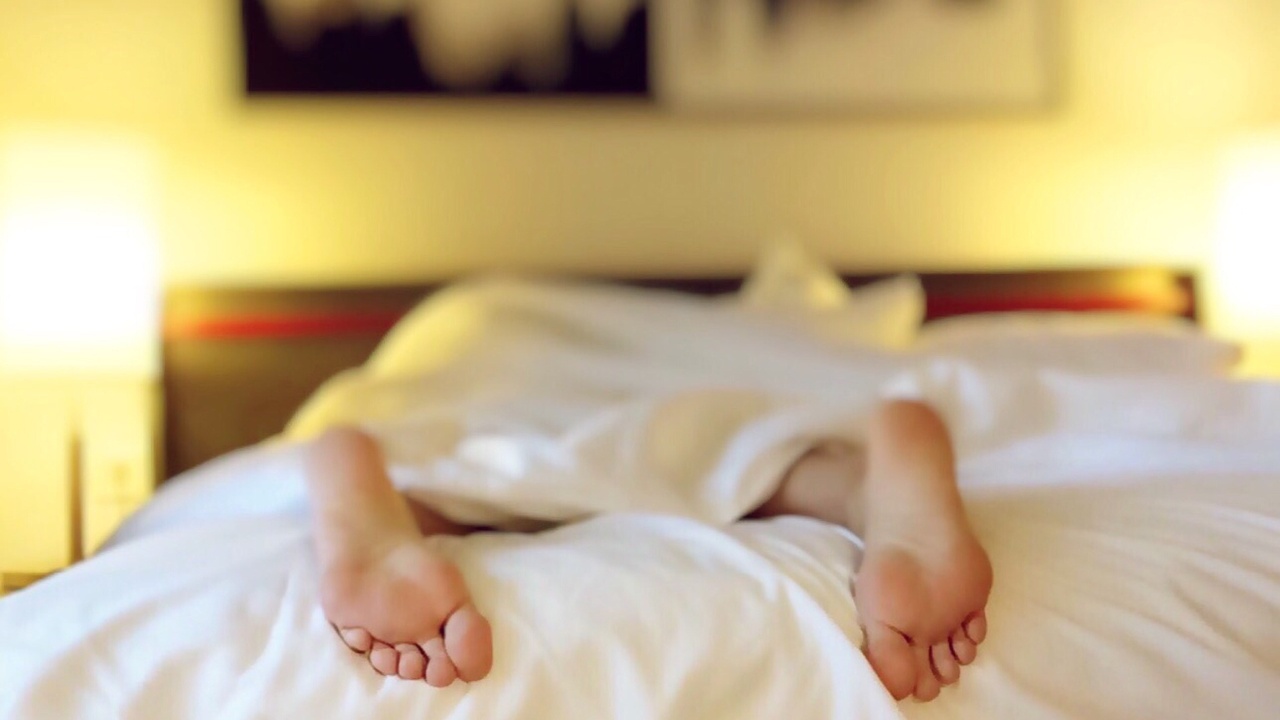10. What impact does drinking alcohol have on my sleep?

This is such a common question because, in general, alcohol appears to make us sleepy, so we believe that it helps us sleep, but it doesn't.
When we sleep, our bodies repair, so if we don't get enough, we quickly decline mentally and physically. Studies have now evidence that not getting enough sleep leads to serious health problems (cancer, heart disease, type 2 diabetes, infections and obesity) and will lead to a lack of focus, alertness, mood and physical strength.
But why does drinking affect how we sleep?
When we sleep, there are two alternating stages of sleep (slow sleep (SWS) and rapid eye movement sleep (REM)). Slow Wave sleep is the deep, restful sleep we need to repair, whereas REM sleep is associated with the brain processing daily events via dreams, and this is less restful sleep, but equally, we rely on this wave to survive too.
In a natural cycle of sleep, we have six or seven cycles of REM sleep; however, when we drink, we only get two, as when sleep is alcohol induced, it makes us fall into a deep sleep immediately, so it bypasses the REM cycles.
But isn't deep sleep precisely what we need to feel great, you might ask, but this isn't the case.
As I mentioned above, the first 5 hours of 'drinking sleep' (after our last drink) do not have enough REM sleep. The other problem is that after the initial five hours, the deep sleep ends and sleep becomes disrupted as this is when the alcohol withdrawal begins to peak, and that's when you wake up flooded with anxiety and dread.
The result of this is that when we wake up after drinking, we do not feel refreshed and well rested even if we are not hungover per se. This is when we say or hear; I'm not hungover; I'm just a bit tired, but you can now see that feeling tired IS part of being hungover!
Alcohol ruins sleep; it's as simple as that and will make you feel tired the next day! Even ONE drink will interrupt your natural sleep pattern, and there is no safe amount to drink without it having a negative impact on your sleep.


